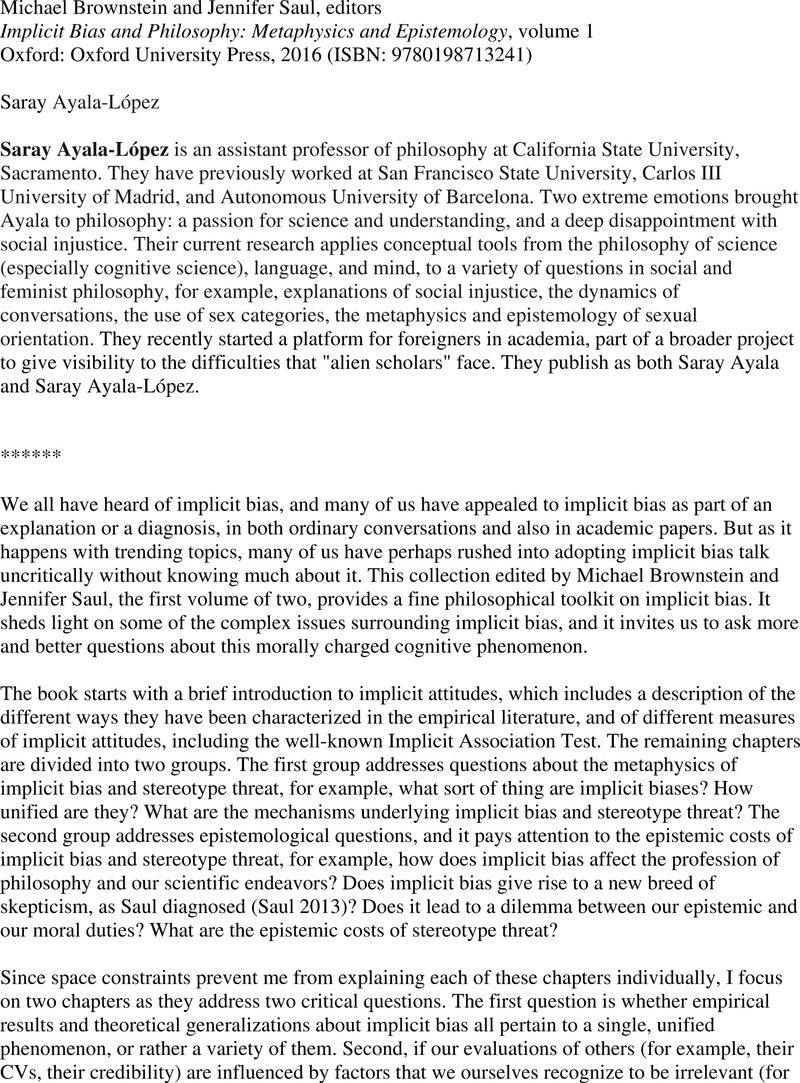Lai, Lai,
Calvin, K.,
Patrick, S. Forscher, ,
Axt, Jordan,
Charles, R. Ebersole, ,
Michelle, Herman, and
Brian, A. Nosek. 2017.
A meta-analysis of change in implicit bias. Open Science Framework. https://osf.io/awz2p/ (accessed April 27, 2017).
Google Scholar 